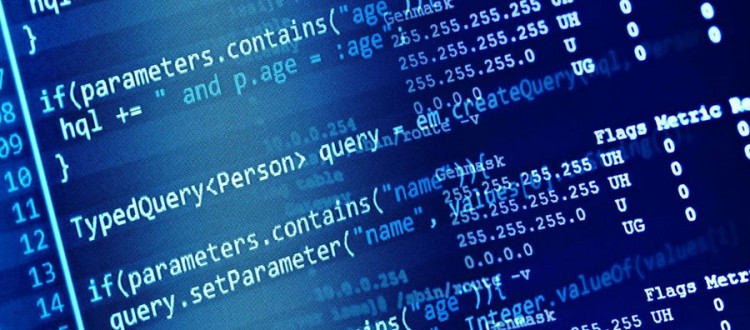Thoughts on IoT, Smart Cities, Big Data
Guest Blog by Larissa Romualdo-Suzuki, IoT & Smart Cities Specialist
Digital technologies and big data offer a new wave of opportunities to mitigate the impacts of geographic sprawl, scarcity of natural resources and inefficiency in basic urban services. Together, data and technology can create a balance between social, environmental and economic opportunities that will be delivered through smart city planning, design, and construction. As cities seek to reduce costs and interconnect their activities, urban systems have become tightly integrated and increasingly relying on multi-structured real-time data catalysed by millions of electronic networked devices embedded in the physical infrastructure of cities. Real time city data have enabled the creation of several sustainable initiatives and real time services in cities, such as smart electricity grids, public spaces monitoring, smart building – among others. More recently, governments around the world have provided open to thousands of government open datasets to offer additional data needed to address complex problems.
The current open question in this field is: How to enable the physical-digital integration of city systems through the exploitation the massive amount of city data generated by citizens, government and the Internet of Things?
To answer such important and complex question, I interviewed Peter Bjørn Larsen, Director of the City Data Exchange – Copenhagen questions about the role and challenges of emerging technology and data integration in smart cities. I wanted to get his views on standards, data management and issues involved in the commercialisation of proprietary city data.
What is the biggest obstacle to integrating emerging technology into urban infrastructure, cities and communities?
With all the new emerging technologies and opportunities to use Big Data the City authorities struggle – understandably – to find out how to take advantage of this. Procurement processes both offer opportunities and obstacles to this matter. Cities describe specifications in the tender material based on their own knowledge and sometimes with input from industry (normally the usual suspects). Not knowing what is possible with emerging technologies, the specifications and challenges described can be a barrier to create new innovative solutions as they will be based on known possibilities. There is a need to crate pre-tender processes where industry and knowledge institutions can provide input before the tender is written. This also require a strong horizontal organisation in cities and a focus on involving cross-sectoral stakeholders on both the pre-tender phase and encourage companies to the same.
Do you think that the definition of common standards will support the creation of smart cities? If so, how?
First of all, I think it is wrong to call a city smart. In my view, smart city is a concept which can be used to create insight and better solutions for cities and thereby help them to create livable and sustainable cities. And yes, common standards are important in order to make solutions within one city and even more so across cities and nations replicable.
What are the key challenges involved in managing and distributing open and commercial urban data?
There are several challenges – and we at Hitachi are deeply involved in finding ways to tackle these challenges. The most obvious is security and the issues around personalized data and ensure the validity of the data.
What are the challenges involved in the commercialization of city data?
Same as above, but also to build an eco-system around a data platform, which understands and are able to use Big Data, both from a suppliers and consumer perspective. Pricing of data is also an issue.
Which incentives do you think can give incentives for the private sector to release private/commercial data?
Monetization of data and finding new business partners through for example the City Data Exchange we are developing.


